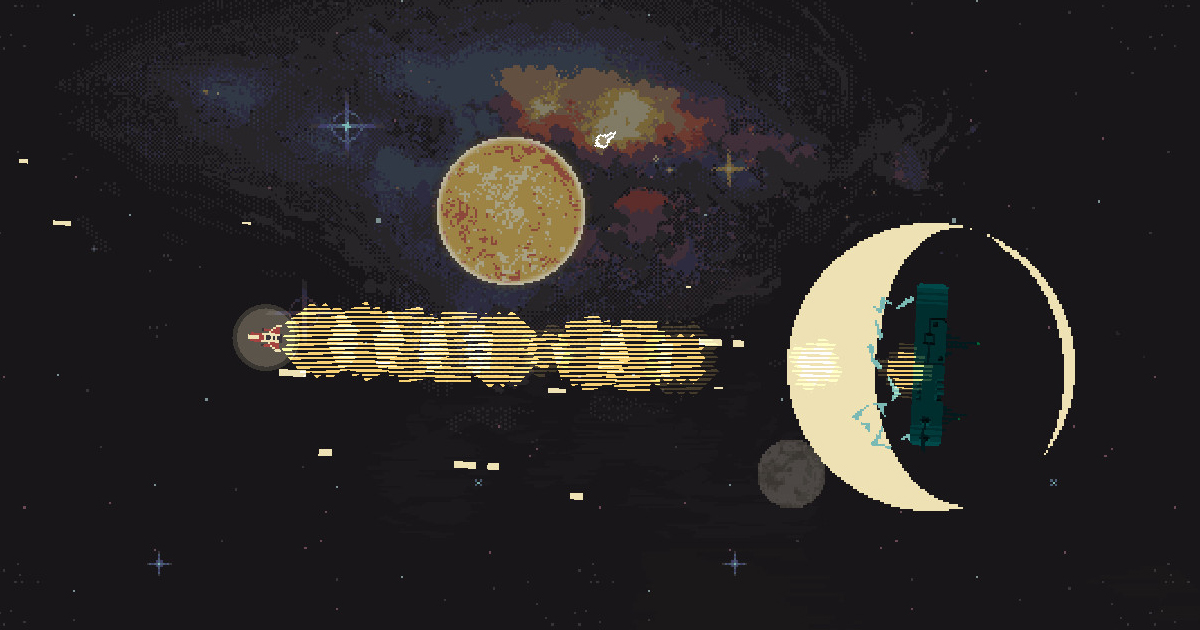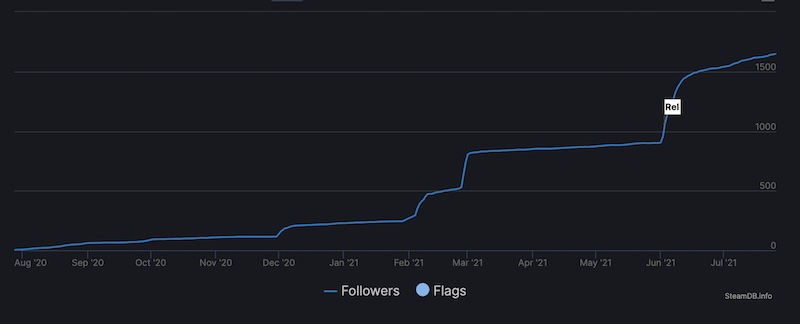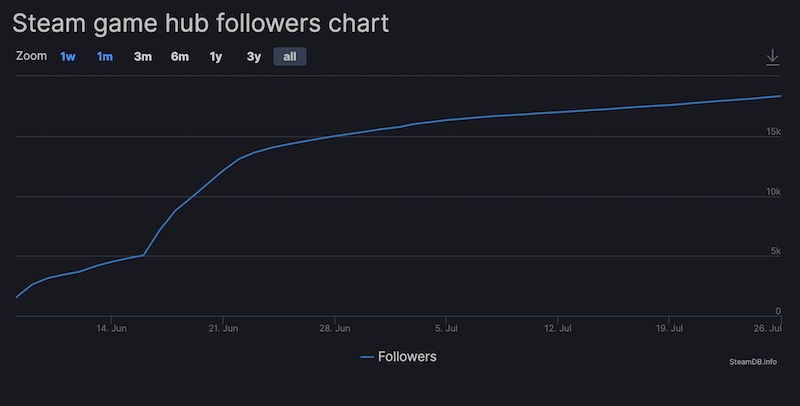Case study: mystery of Steam wishlists that don’t always convert into actual players
Indie developers know that the more wishlists a game has, the better. However, sometimes launch sales leave creators disappointed — especially so, if prior to release, Steam festivals have boosted their titles. So here are a few insights on this issue.
Power Of Ten
Discoverability expert Simon Carless broke down the problem in his latest newsletter. He paid attention to a Reddit post made by the developer of 2D roguelike Power Of Ten two months ago.
So here is what the developer nicknamed AJRDesign wrote about his project’s metrics:
- Prior to the release, the game had about 12,000 wishlists, which is a pretty decent number;
- Power Of Ten was also on the Popular Upcoming category for around 2-3 days, so the developer was pretty excited about the upcoming launch;
- However, his wishlists/sales ratio on the launch day was 1.9%, which resulted in roughly 300 sales. “I was devastated, to be honest,” AJRDesign wrote.
- According to Carless, Power Of Ten sold around 1,000-1,500 copies based on the fact that it has 29 reviews on Steam. These are probably not the numbers this indie developer hoped for.
AJRDesign also described all sources of his wishlists, including YouTube videos and Reddit posts. Of course, the majority of them came from participation in the Steam Festival. At that time, Power Of Ten has been generating 600-900 wishlists per day. Seems like pretty solid numbers.
That’s why the developer was frustrated after his expectations didn’t meet reality. “The vast majority of those wishlists that I got through the Festival and Steam’s build up to launch were worthless and likely will never buy the game,” he wrote.
Simon Carless, however, has his own thoughts on the issue. The answer is hidden in the game’s follower graph, which has a few spikes here and there. And here is the problem many developers don’t pay attention to.
According to Carless, sharp angles in the graph mean inorganic wishlists. A sudden follower boost will most likely go back to normal, so maybe a game with these dynamics simply lacks natural interest from players.
In contrast, Carless cites the graph for reverse city builder Terra Nil, which he calls a “Utopian curve for a Steam game.” It doesn’t have sharp angles, with followers growing smoothly from the start. It is the metric that really should indicate your game’s pre-release interest, and not just the number of wishlists you got from Steam’s special features.
So festivals don’t always guarantee many sales, despite boosting people’s interest. However, Carless notes that Power Of Ten still has a chance to perform better in the future. First, it has great reviews and a committed community. Second, it is an early access game, and a lot of people wait to buy the full release. According to Carless, EA launches usually do around 50% of the game’s first-day sales.
You can read Simon Carless’ full newsletter here.


